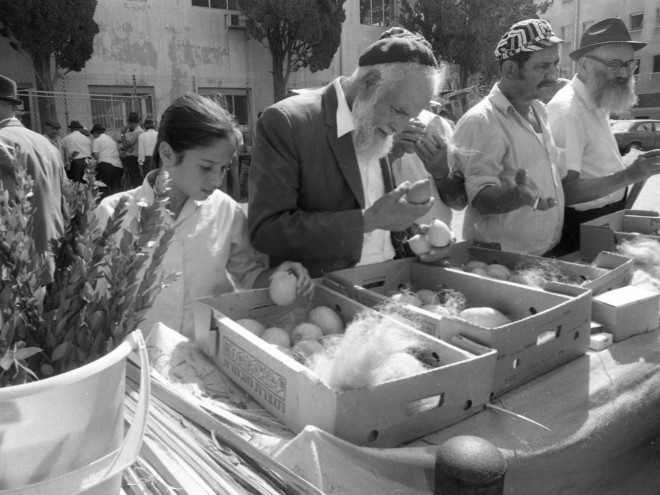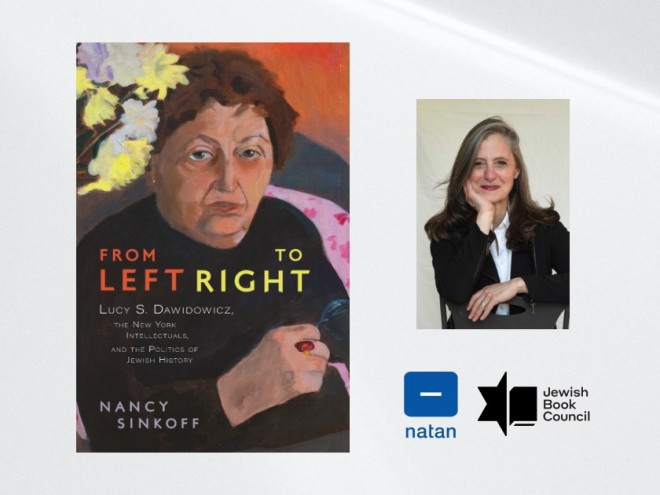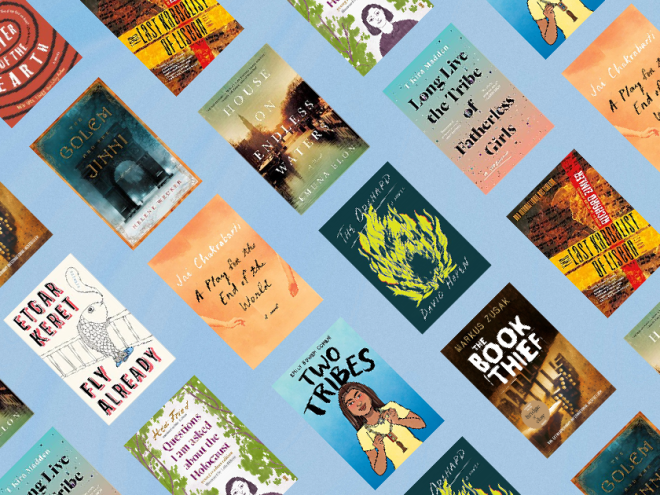
Photo by Asal Lotfi on Unsplash
For the JBC team, we turn to stories through all of life’s seasons. To lose yourself in a work of fiction or to seek answers to complicated questions through works of nonfiction. We turn to books for many reasons, and for those of us seeking some literary comfort, a reminder of resilience, or a bookish escape, here is what we recommend.
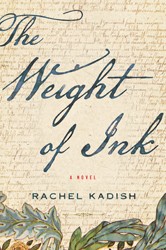
The Weight of Ink by Rachel Kadish
This utterly immersive work of historical fiction will transport you across centuries and continents, examining mysteries of authorship, ideas, and the human heart.
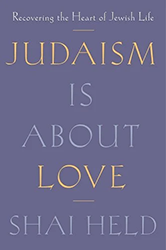
Judaism Is About Love: Recovering the Heart of Jewish Life by Shai Held
Now more than ever, we hold to Shai Held’s book which delves into one of Judaism’s deepest insights and imperatives: love.
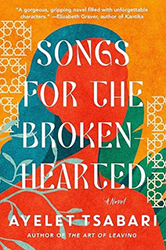
Songs for the Brokenhearted by Ayelet Tsabari
Ayelet Tsabari’s award-winning debut novel explores language, love, and the search for home.
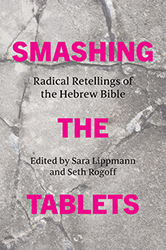
Smashing the Tablets: Radical Retellings of the Hebrew Bible edited by Sara Lippmann and Seth Rogoff
This inventive new collection offers twenty-three writers’ responses to biblical stories, through fiction, creative nonfiction, and poetry. These modern retelling offer us fresh insights into Torah and storytelling.
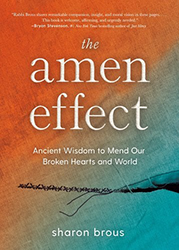
The Amen Effect: Ancient Wisdom to Mend Our Broken Hearts and World by Sharon Brous
Rabbi Sharon Brous’ book is a guide to having compassionate conversations and engaging thoughtfully and wholeheartedly, across differences and divides.
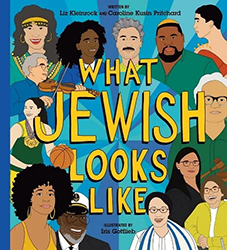
What Jewish Looks Like by Liz Kleinrock and Caroline Kusin Pritchard, illustrated by Iris Gottlieb
This children’s book is a powerful intersectional anthology that celebrates thirty-six Jewish heroes. Gorgeously illustrated paired with engaging and informative text, it’s a book the whole family can enjoy.
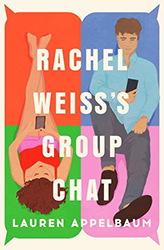
Rachel Weiss’s Group Chat by Lauren Appelbaum
When you need a Pride and Prejudice-inspired romcom to lose yourself in — you’ll laugh, you’ll cry, and you’ll love along with the titular Rachel Weiss.
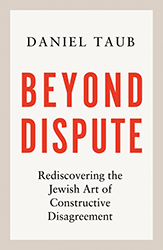
Beyond Dispute: Rediscovering the Jewish Art of Constructive Disagreement by Daniel Taub
This book encourages readers to look beyond the obvious questions in order to engage deeply across any divide and to turn to Jewish tradition for guidance in conflict and conversation.
